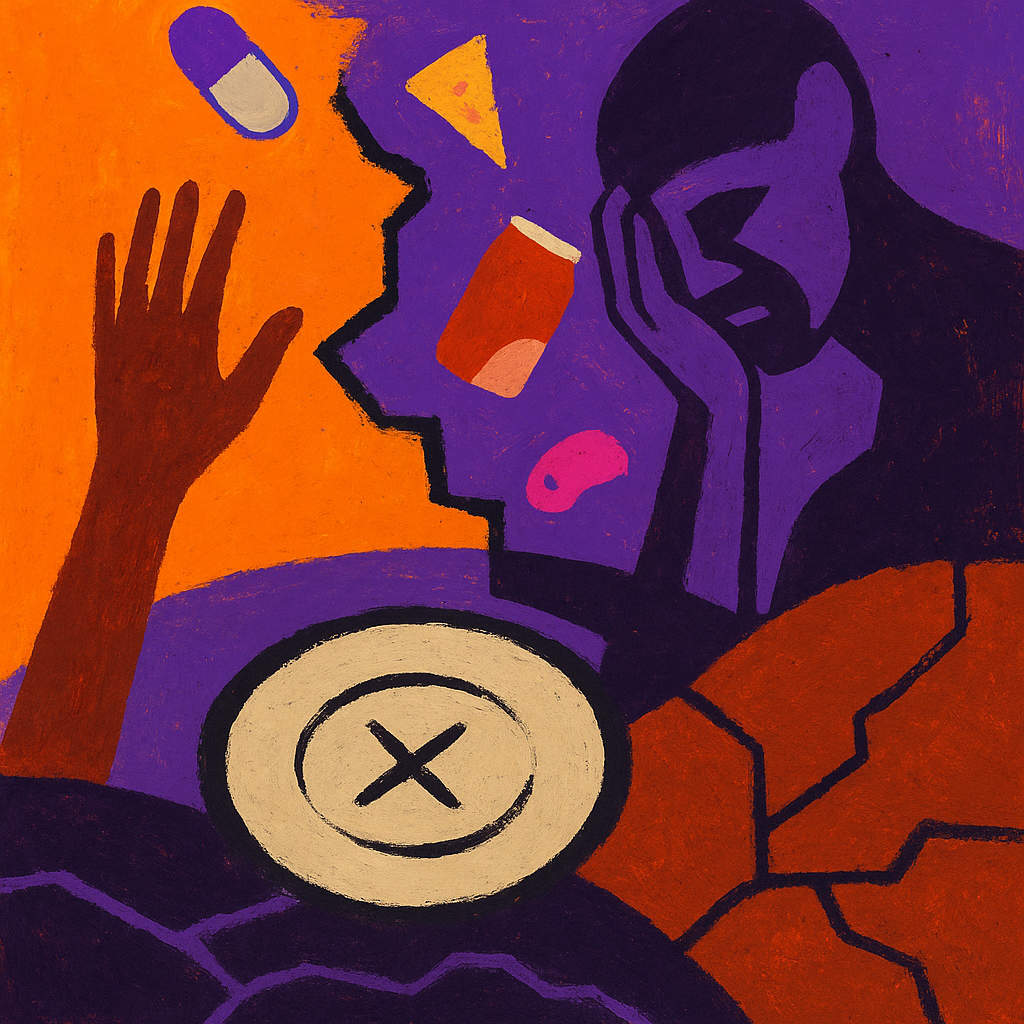Nutricide: Racism That Kills by the Stomach

Food is political too. It’s time to return the harvest to those who planted it
When we say that racism is a system that structures all social relations, we are asserting that in every area of society, this oppression will manifest itself. That is why it is a great mistake to reduce this issue to a merely identity-based dimension, as doing so ignores the inequalities and consequences of racial oppression in the lives of the Black population. One of the effects of racism concerns food security.
The concept of nutricide, coined by African American physician Llaila O. Afrika in the 1990s in his book “Nutricide: The Nutritional Destruction of the Black Race”, is essential to this discussion.
It refers to the impact of distancing Black populations from the production and consumption of healthy food. This happens through food racism, where poor nutrition, hunger, and deprivation of the right to choose what to eat disproportionately affect Black, Indigenous, and marginalized populations.
Currently, several leading Brazilian research projects have been deepening this reflection, and while writing this text, I came across alarming data.
According to the 2024 Human Development Report in Brazil published by the UNDP, in 27.4% of Brazilian households, Black women are the main income earners. The 2023 Continuous National Household Sample Survey (Pnad) reveals that food and nutritional insecurity disproportionately affects these families: hunger impacts 6.2% of households headed by Black women, compared to 2.6% in those headed by white men.
This means that many Black women must feed their families while, due to historical inequalities, facing food deserts—areas where the most accessible foods are ultra-processed, packaged items, and, as Llaila Afrika asserts, where sugar, excessive fat, salt, and white flour are systematically making this population sick.
High consumption of ultra-processed foods has been linked to obesity and several chronic diseases, including hypertension, diabetes, and cancer, directly impacting quality of life and life expectancy. For this reason, nutricide should be understood as a form of extermination: people are also killed through the mouth—by the empty plate, the unhealthy plate, or the plate poisoned by pesticides.
In many of these households, women are the last to eat and often go without food so their children can eat. Since I was young, I’ve heard stories from elder women in my family who, due to a lack of food and money, would place all the food on a single plate and give each child a spoonful.
Racism, after all, is a system founded on cynicism. Consider this: nutricide mainly affects populations that have historically developed healthy and sustainable food practices. The agricultural practices of Black, quilombola, and Indigenous communities have long been based on the cultivation of fruits, vegetables, roots, and herbs—built upon a relationship with the land.
However, the logic of racial capitalism imposes a forced rupture with this knowledge. Land is concentrated in the hands of the white population—especially white men—who also dominate the ultra-processed food industry. Meanwhile, the communities that have historically cared for the land are separated from their territories, resources, and food autonomy. Their knowledge is expropriated even as entire communities are pushed into malnutrition by a system that creates scarcity, dependency, and disease.
This suffocating situation is even more alarming in Brazil, a vast country with fertile, blessed soil where almost anything can grow—but built upon a society of large landholdings, many of them unproductive, that prevents those who always knew how to plant from also being able to harvest. In this sense, if racism also kills through the stomach, the response must come through agrarian reform, income distribution, and the understanding that nourishing your people with abundance, health, and dignity is a matter of social justice—and one that will benefit society as a whole, or at least 99% of it.
This future is possible. It will be possible if we strengthen agroecological production aimed at Black, quilombola, Indigenous, and marginalized communities—restoring their right to feed and to live freely. The plate is also political, and it’s time to return the harvest to those who planted it.
Related articles

May 31, 2025
Djamila Ribeiro kicks off her 2025 international tour with participation in the Hay Festival, United Kingdom

December 21, 2022
Djamila Ribeiro launches new website

December 21, 2022
Djamila Ribeiro is on the cover of Forbes Life

